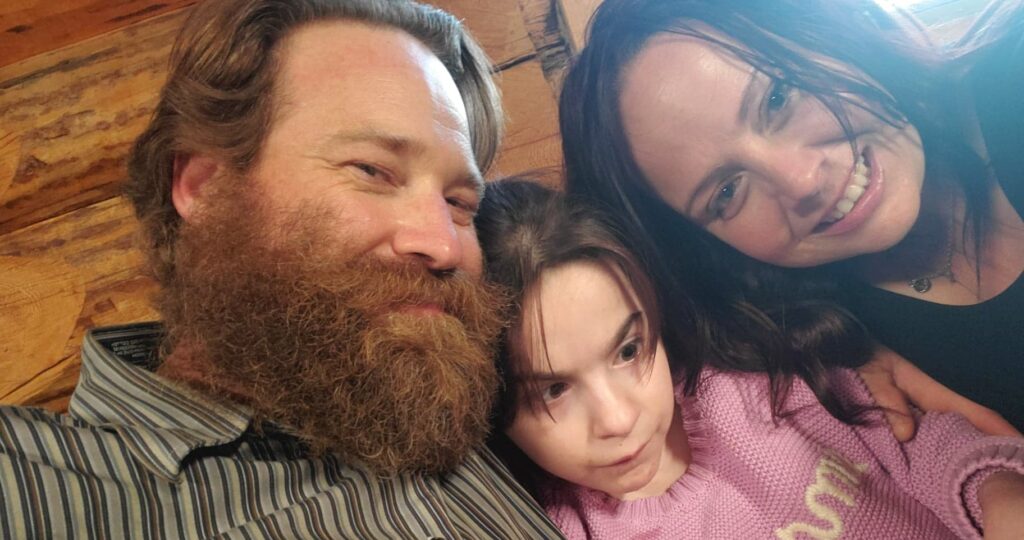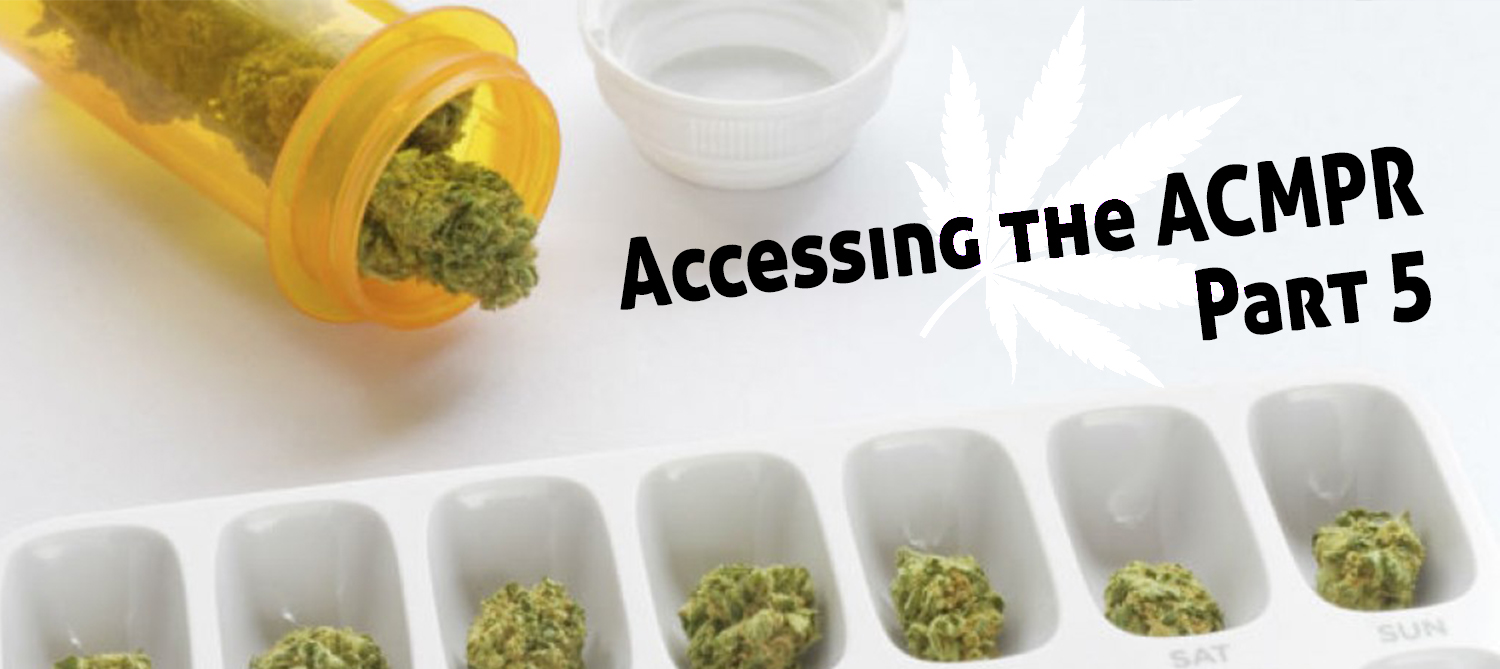A decision on June 26 by Mr. Justice Robert A. Graesser of the Court of Queen’s Bench of Alberta has determined that Health Canada’s cannabis regulations violate section 7 of the Charter of Rights and Freedoms in two critical areas that the Victoria Cannabis Buyers Club has been arguing. Defendant Shaun Howell hired top-notch lawyers Jack Lloyd and Paul Lewin after being arrested in March 2017 in his cannabis production and processing facility near Innisfail. Alberta. Though the crown is expected to appeal the constitutional decision and the defense is preparing to appeal the sentencing, this critical judgement significantly helps the VCBC stand its ground.
Enough cannot be said about the quality of the evidence presented by the defense, with both expert and patient witnesses submitting concrete evidence that was mostly uncontested. In contrast, the crown once again did a spectacular job failing to defend regulations in court, similar to the infamous 2015 Smith trial. Ultimately, the judge could not deny the significant problems that continue to exist in the federal medical cannabis programs, given the well-documented failings of that system and the lack of evidence to justify restrictive regulations and cumbersome bureaucracy.
While Mr. Howell still may face penalties if the sentence is not overturned, he is clearly happy to see the bulk of his arguments win the day. “I am pleased to see the limits on edibles fall. I think that is a huge win for patients. The other part of the decision to constitutionally mandated medical storefronts, is also a big decision. Patients rights to access have been seen and upheld by Judge Graesser.” While the current cannabis industry is too wrapped up in a host of problems to fully appreciate and acknowledge the significance of this judgement, no doubt the Howell decision will be the next step in a long line of historic cases that have forced the government to improve its medical cannabis policies.
Like many caregivers driven to risk everything to help others far more vulnerable and unhealthy, Mr. Howell feels compelled to ensure patients have better access to the best possible medicines this plant has to offer. His wife, Sarah Wilkinson, provided an affidavit that outlined both her use of cannabis as medicine and that of her daughter, Mia, who struggles with a rare form of epilepsy called Ohtahara syndrome. “As a father to a daughter that needs very high THC edibles, this is a direct impact on Sarah’s and I’s ability to care for her using cannabis.”
Other patient witnesses included a homeless man and Lisa Kirkman, a well-known cannabis activist. Evidence from the homeless man has been kept anonymous and was a determining factor in the judgement. For many who feel their voice will never be heard or ever matter, this proves that under the right circumstances with the right support, everyone can help make a difference in the fight for better regulations..
Mrs. Kirkman has worked with many groups over the years, fighting for both her and her son to have access and the ability to use their medicine in Calgary.
Expert witnesses chosen by the defense team generated solid facts to back up their statements about the difficulties faced by patients and producers over the last two decades of medical cannabis programs. Indeed, lawyers in constitutional challenges heavily depend on the strength of their expert witnesses to build their case on. This is in part because there is no opportunity to introduce new evidence if the case is appealed, as that is intended to review the original decision rather than give the defense a second chance to present information.
Expert witnesses for the defense included:
- Dr. Jokubas Ziburkus, an expert in the endocannabinoid system, endocannabinoids, phytocannabinoids, cannabis plants and products and the pre-clinical research on medical cannabis.
- Dr. Carolina Landolt, an expert in cannabis, medical cannabis patient access and the management of chronic complex problems in both patient and out-patient settings.
- Dr David Rosenbloom, an expert in pharmacy and pharmacology, the effect of delayed access to drugs including medical cannabis and the purchase of drugs.
- Dr Stephen Gaetz, an expert in homelessness, precarious housing, matters related to homelessness and precarious housing, and services for those of modest means.
- Eric Nash filed an affidavit based on his long history of work within Health Canada’s medical cannabis programs as a designated grower and LP applicant.
- The final witness for the defense was Harrison Jordan, a lawyer who has extensive knowledge of the Canadian licensed producers, their policies and pricing of cannabis, as well as other problems with the legal medical cannabis system.
One the other hand, the crown only had one expert witness, Todd Cain, the Director General of the Licensing and Medical Access Directorate of the Controlled Substances and Cannabis Branch of Health Canada. Without any scientists to defend the regulations around THC, this bureaucrat was left to explain what the laws are without being able to explain the evidence behind those rules. After so many serious losses in court, one would have assumed Health Canada would have mounted a more robust defense when knowingly facing such a well-prepared challenge.
This case is built on a foundation of successful constitutional challenges. Since its exception in 2001, Health Canada has lost time and time again in court when the defense can provide the type of quality expert and anecdotal required by the courts to justify striking the regulations down. In one of the first major blows to Health’s Canada’s fledgling medical cannabis system known as the Hitzig decision, the following statement was made by the Ontario Court of Appeal in paragraph 23.
“The government accepts that reliance of the black market to fill a medical need would in most cases raise some problems. It maintains, however, that marijuana is unique in that there is an established part of the black market which the government called unlicensed suppliers that has for many years provided a safe source of medical marijuana. The government argues that those who want to use marijuana for medical purposes have been self-medicating for years and know full well where to go to obtain the necessary medical marijuana…It is ironic, given the government’s reliance on this part of the black market to supply those that the government has determined should be allowed to use marijuana, that the police, another arm of the state, shut down these operations from time to time, presumably because they contravene the law..”
One of the main reasons the Victoria Cannabis Buyers Club has chosen not to immediately participate in the legal recreational or medical system is the fact there is a limit of 10 mg THC per serving of edible products. This very low dose is insufficient to meet the needs of a great many seriously ill patients, particularly people fighting cancer. Another effect of limiting THC content is forcing patients to purchase multiple products, dramatically increasing the costs for daily medical users.
Health Canada justifies the THC by arguing that studies show 10 mg is the amount that the average person would feel a mild effect from, what they consider to be a therapeutic dose. Their claim is that selling products with higher doses is unsafe, but they have no evidence to back that up. No credible scientist that will stand up in court and defend the 10 mg THC limit. Just like in the 2015 Smith decision, the government is inclined to create the most conservative regulations possible until proven in court that there is no justification for such strict laws.
Evidence from Dr Ziburkus destroyed Health Canada’s weak arguments, as noted in paragraph (150) of the Howell decision. “…high concentrations and inhalation may be necessary in diseases that have acute onset of conditions, such as migraines or seizures. These high concentrations can be potentially life saving. He described a number of studies involving cancer patients, tremors in Parkinson’s Disease, and muscle spasms that affect the diaphragm. All of these demonstrated the benefits of high concentrations of THC.”
(300) The medical benefits of cannabis oil were recognized in Smith and were incorporated into the ACMPR. However, there should be some rationale for limiting concentrations to 30 mg/mL to justify that restriction on access. While it is possible that there be some medical explanation or some health and safety issue, I do not think that the information provided by Mr. Cain overcomes the need for such higher concentration products being available to certain people.
In his judgement, Justice Graesser lists a variety of problems with access to Health Canada’s medical cannabis program. Combined these issues gave him the justification to declare the Canadian Charter of Rights and Freedoms was being breached by the systematic discrimination against the poor inherent in the medical cannabis programs.
Some of the failings of the program listed in paragraph (218) include:
6) LPs do not adequately serve the homeless (because of the issues including the residential delivery requirements, online registration and purchasing, the need for computer access, the lack of computer skills, the lack of fluency in English or French, and payment requirements (such as bank accounts and credit cards)).
7) Medical marijuana accessed through LPs is expensive and beyond the financial means of many people requiring medical marijuana;
8) Where personal production is an option, many people are unable to grow marijuana themselves because of disabilities, skills, finance, and a site they can use;
9) While the designated grower provisions are intended to address the issue, there are people who are unable (for a variety of reasons, including lack of family and friends, remote location, and finances) to find a designated grower;
10) Some people had difficulty finding a medical practitioner willing to prescribe medical marijuana in general;
11) Some people experience delays in getting an access permit in because of waiting times to see a medical practitioner;
12) Some people experience delays in the registration process with Health Canada;
13) Some people experience delays in the registration process with LPs;
14) Some people experience problems with LPs because of a lack of chice of product, unavailability of the products they needed, delays in changing LPs;
15) Some people have no legal access to the products that benefit them the most, such as high concentration of THC oil and extracts;”
After recognizing these Charter infractions, the judge quotes the Supreme Court of Canada in the Smith decision.
(284) As noted by the majority in Smith (at para. 118) forcing a person between a legal but inadequate treatment and an illegal but more effective choice” infringes security of the person.
It is instinct for the crown to appeal a lower court judgement like this, partly to give them time to consider their options, partly to argue for a different decision and partly to try to get a different remedy from the higher courts. In this case, since the judge declared the effect of the judgement to be immediate, Health Canada will also want to attempt to restore their restrictive regulations for as long as possible.
[393] I thus declare that sections 67(1) (limiting concentrations) and sections 93(1)(d)(i), 132(2)(a), 130(1)(b) and 189(1)(e) (to the extent that they prohibit distribution and delivery or pick-up of medical marihuana to places other than the patients ordinary residence, the office if their medical practitioner, or a shelter) are contrary to section7 of the Charter and are of no force and effect.
(398)…The specific provisions in the ACMPRs I have found to be invalid under section 7 of the Charter described above are no longer of any force or effect, particularly in any ongoing prosecutions.
In a similar situation to Owen Smith, the baker at the center of the 2015 Supreme Court of Canada decision, while the judge ruled the laws violate patient rights, Mr Howell is not actually able to personally claim his rights were breached and therefore a trial is still available. This means the crown can still pursue a trial against Mr. Howell, something they could have done with Mr. Smith but chose not to. A fundraiser has been started to help Mr. Howell to pay for an appeal against this part of the decision and other efforts are expected as time goes by.
Clearly this case is a follow-up to the Smith decision, much like Hitzig, Beren and Allard were follow-up cases to the Parker decision. In both situations, the initial decision provided an opportunity for one constitutional challenge after another because instead of making realistic differences to their programs after losing in court, Health Canada typically makes the smallest changes possible to try and show they reacted to the judgement. While it might be easy for the crown to do that regarding the THC limits in this case, it will be far more difficult to appease the judgement concerning access.
There is one major error in the judgement regarding the Victoria Cannabis Buyers Club, as well as some other misinformation.
(377) Johnston J. declined to grant a stay in favor of Mr. Smith. Owen Smith had been employed by a supplier of cannabis products to the Cannabis Buyers Club of Canada. The club sold cannabis and cannabis products to people who satisfied the club’s owner that they suffered from permanent, physical disability or disease. That was contrasted with compassion clubs, which require a form or certificate signed by a doctor before it would admit anyone into their club. Mr. Smith was employed as a cook, making various edible cannabis products.
To start with, Owen was an employee of the club, making products in our facility, including topicals. More importantly, the judge was wrong to suggest that compassion clubs have a different mandate. While it is preferred to have members get a doctor to sign a form to join most compassion clubs, typically if a patient has documentation of having cancer or another serious medical problem, then a membership is granted.
Each compassion club has slightly different signup procedures. The paperwork the club has insisted patients have to join the CBC of C, and now the VCBC, has not changed much over the years, and the nuances of membership requirements have often been done by the group. Indeed, even if the VCBC had slightly easier requirements to become a member, but still insisted on seeing proper medical documentation proving a serious medical problem exists, then the VCBC should be considered even more of a compassion club for protecting the sick that those organizations masking as compassion clubs turn aside.
Despite the court victory, the stress of the case, threat of punishment and loss of the garden after the raid has caused a lot of stress and pain for everyone involved. Mrs. Kirkman and her son have been left in the cold. “I’ve never recovered”, she says, “I’ve never found another DG.” Hopefully their unwilling sacrifice will be worth it in the long run.
Otherwise the judgement seems rock solid.
Ted Smith
President and Founder
Victoria Cannabis Buyers Club
For the full decision, you can get more information here:
https://www.canlii.org/en/ab/abqb/doc/2020/2020abqb385/2020abqb385.html





